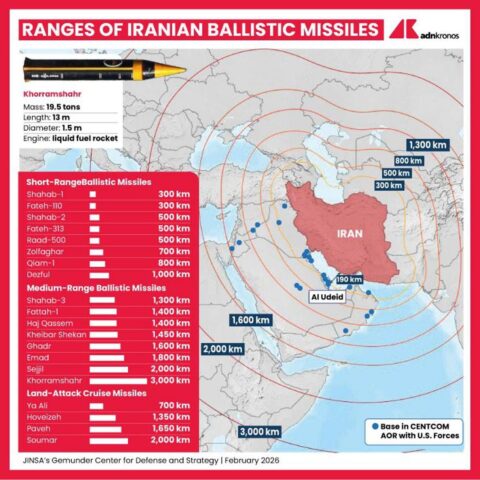Tokyo, Oct. 10 (Jiji Press)–Japan’s Prime Minister Shigeru Ishiba on Friday issued a statement marking the 80th anniversary of the end of World War II, reflecting on the lack of civilian control and stressing the importance of democracy and liberalism. In the statement, Ishiba said that Japan could not prevent itself from going into the war because the principle of civilian control did not exist as a system in the country at the time. He emphasized that the courage and sincerity to look directly at the past, genuine liberalism backed by the tolerance to humbly listen to opinions of others, and a sound, resilient democracy are important above all. On the recognition of history, Ishiba said that he upholds the positions of past cabinets, without referring to Japan’s colonial rule or aggression before and during the war. In a press conference at the prime minister’s office, Ishiba explained that his statement is intended to discuss “why (the political system) did not function,” a subject raised in a 70th-anniversary statement released in 2015 in by then Prime Minister Shinzo Abe. On historical awareness, Ishiba said that his statement “inherits a sense of reflection and apology” from past prime ministers’ statements. In his statement, Ishiba analyzed why Japan was unable to avert war, focusing on the Constitution of the Empire of Japan, the country’s legal framework at that time, the government, the Diet and the media. He said that the supreme command authority under the prewar constitution was gradually interpreted more broadly and used by the military as a means to exclude the involvement and control of the government and the Diet. Citing the expulsion of then lawmaker Takao Saito, who delivered an anti-military speech in 1940, Ishiba said that the Diet, which should have exercised control over the military, also lost its function. He also pointed out that media coverage began to turn toward active support for war around the Manchurian Incident, which began with a staged explosion of the South Manchuria Railway by a Japanese military force in 1931, leading to Japan’s invasion and occupation of Manchuria in northeastern China. Japanese media at that time fanned public opinion and led the nation into reckless war, he added. Ishiba’s statement is not based on a cabinet decision, unlike the statements issued on the 50th, 60th and 70th anniversaries of the end of the war by then prime ministers. Some members of his ruling Liberal Democratic Party had opposed a prime minister who has announced a decision to resign releasing such a statement. Ishiba said in early September that he would step down, following the LDP’s crushing defeat in the July 20 House of Councillors election. END [Copyright The Jiji Press, Ltd.]
Ishiba Issues Remarks over 80th Anniversary of War End




